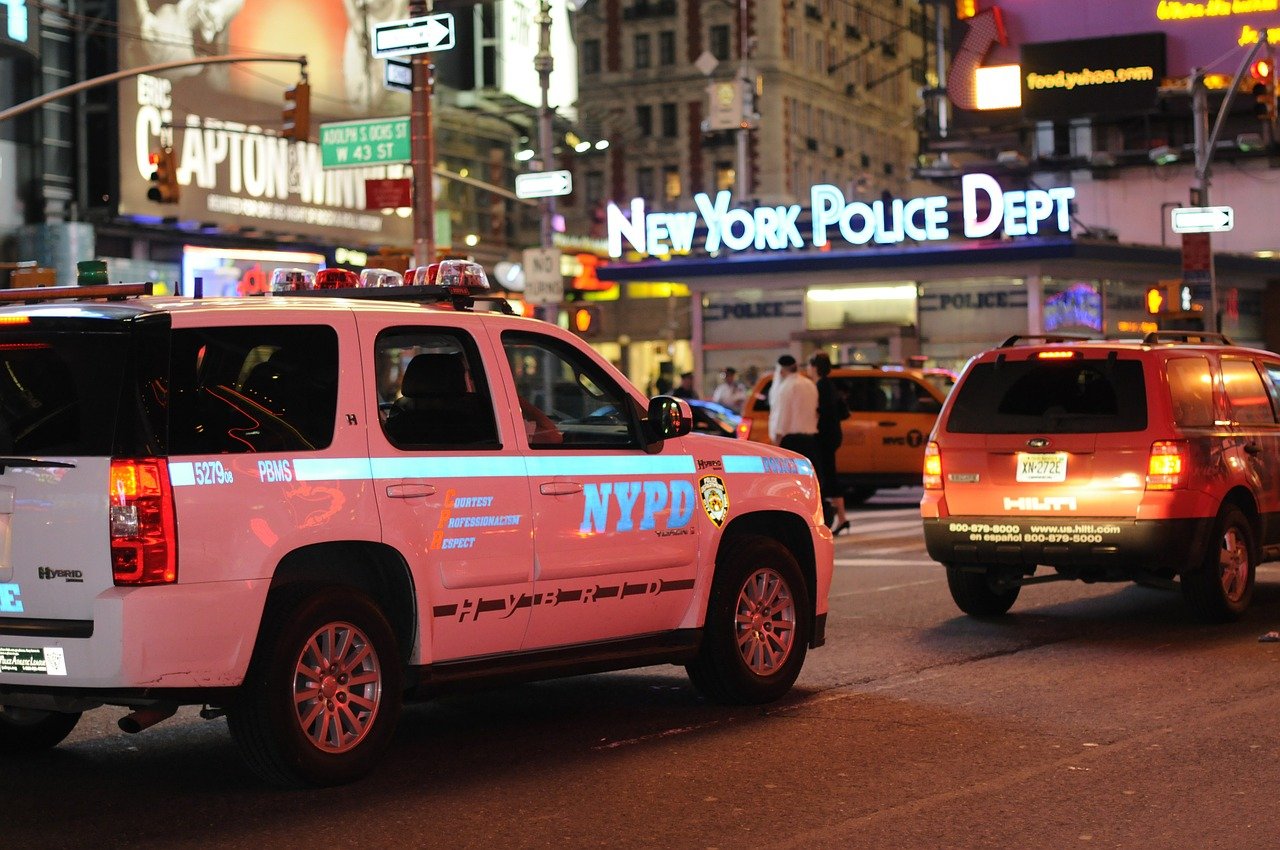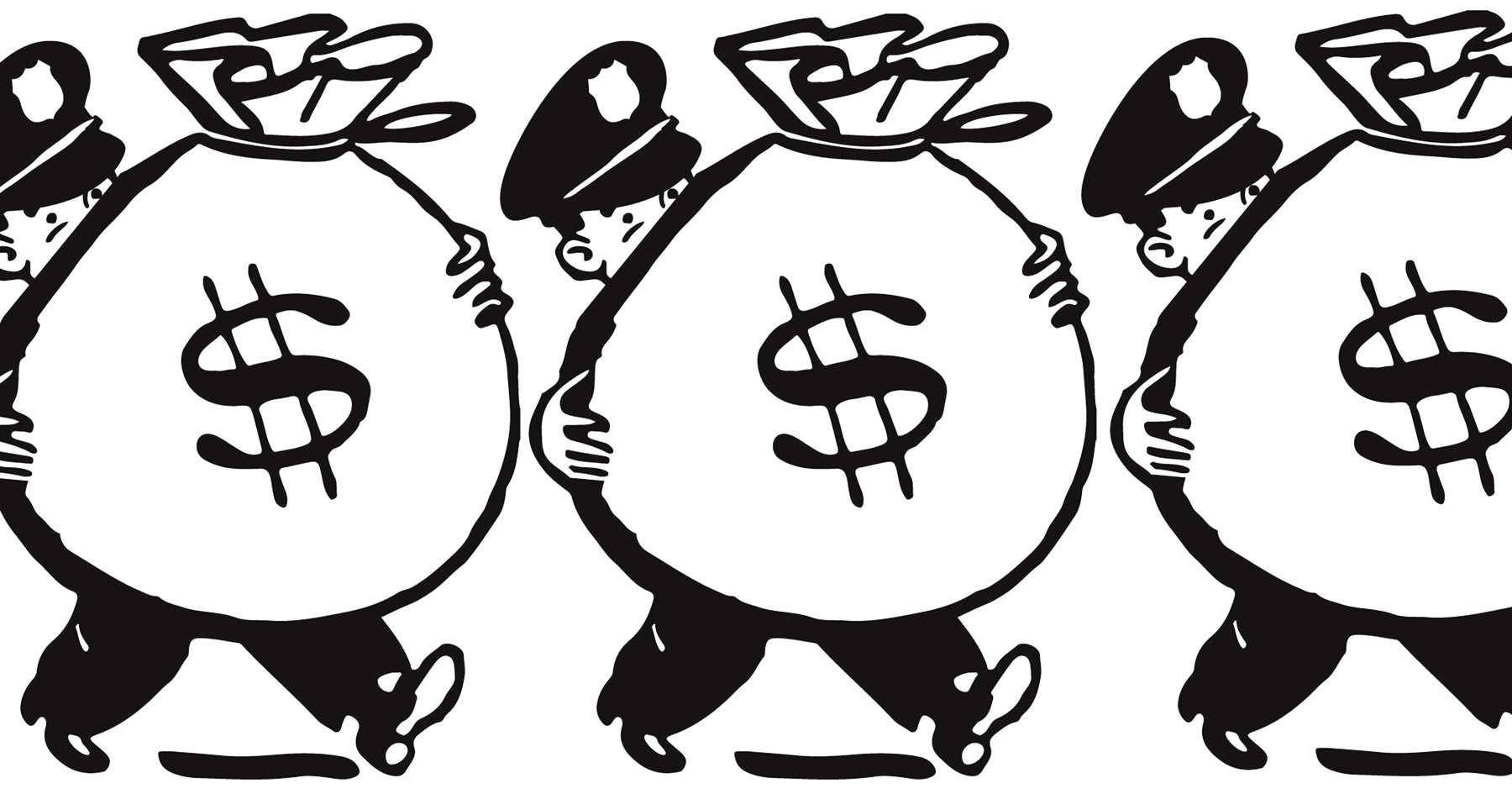
Asset forfeiture is lucrative business for police departments and it has helped them to bring in billions of dollars, by allowing them to confiscate the property of citizens. They don't even have to be criminals, they might not ever have any charges laid against them, yet this program still allows authorities to confiscate the property. If the police believe that they might be able to link that property to a crime in some way, then they won't waste any time in taking it away from you. The property itself is able to be charged and you yourself are under the onus of proving that it isn't guilty.
The financial incentives that asset forfeiture programs provide police departments are perverse.
It has been found in many cases that the assets acquired through the asset forfeiture program, were tied to police department funding directly. Because of the opportunity for a financial incentive, officers have even planted evidence in an effort to try and seek a conviction and justify an arrest and detention. If those departments become dependent on their budgets being tied to the assets they obtain, then it's likely that they will continue to acquire whatever they can or whatever they'd like.
These financial rewards provide an incentive for widespread corruption.
In one recent case involving the city of Bay St. St. Louis, the city was just ordered to repay about $300,000 to the Federal Department of Justice, after it was uncovered that they allegedly misspent asset forfeiture funds that they had confiscated. They say that the money went to police operating costs and that every rule was broken that was laid out by the Department of Justice.
This practice occurs across the nation, where innocent people very frequently get punished, and the police departments can use that money for salaries, trips, boats and more. One officer even referred to the money as "pennies from heaven,.. it gets you a toy or something that you need" he said.
Traveling with too much cash in your car? The police might say that the cash is connected to money laundering or drug activity and they could seize it without ever having to take you to court. There was one woman who owned a home with her children, and one of the children sold drugs/made an exchange outside of the home, and though the crime had nothing to do with her, the police decided to come after her home and take it from her. Many legal experts maintain that this is nothing more than a scam and that's why so many individuals are dedicated to ending this practice.

Not There To Protect Us
It could be argued that the police don’t really work for us, if you are referring to the majority of the public/population when you use the term “us”. The picture looks quite different in that we ultimately get up and go to work for them, quite literally. This is because we go to work to earn the money/wealth that they will then get to take forcibly from us for a myriad of reasons. They can confiscate our wealth by taxation or straight unapologetic outright confiscation with methods like asset forfeiture.
Looking at it this way, it's difficult to see how the cops work for us rather than it being the other way around. The police work for the state just as they always have. And as long as they continue to be an aggressively enforced monopoly that is entirely dependent on taxation and wealth confiscation etc, then we can expect that we will hardly see them act as our protectors; but rather what they are which is preservers of the state.
Pics:
pixabay
Toke Signals
Sources:
http://www.wlox.com/story/34460563/bay-st-louis-must-pay-back-nearly-300k-to-doj
http://blog.tenthamendmentcenter.com/2017/02/the-300000-asset-forfeiture-mistake-in-mississippi/
http://www.forbes.com/sites/instituteforjustice/2014/06/05/cops-in-texas-seize-millions-by-policing-for-profit/#348580b03aa8
https://www.buzzfeed.com/nicks29/the-14-most-ridiculous-things-police-bought-with-a-4y3w
@doitvoluntarily/policing-for-profit-new-bill-looks-to-reform-civil-asset-forfeiture
